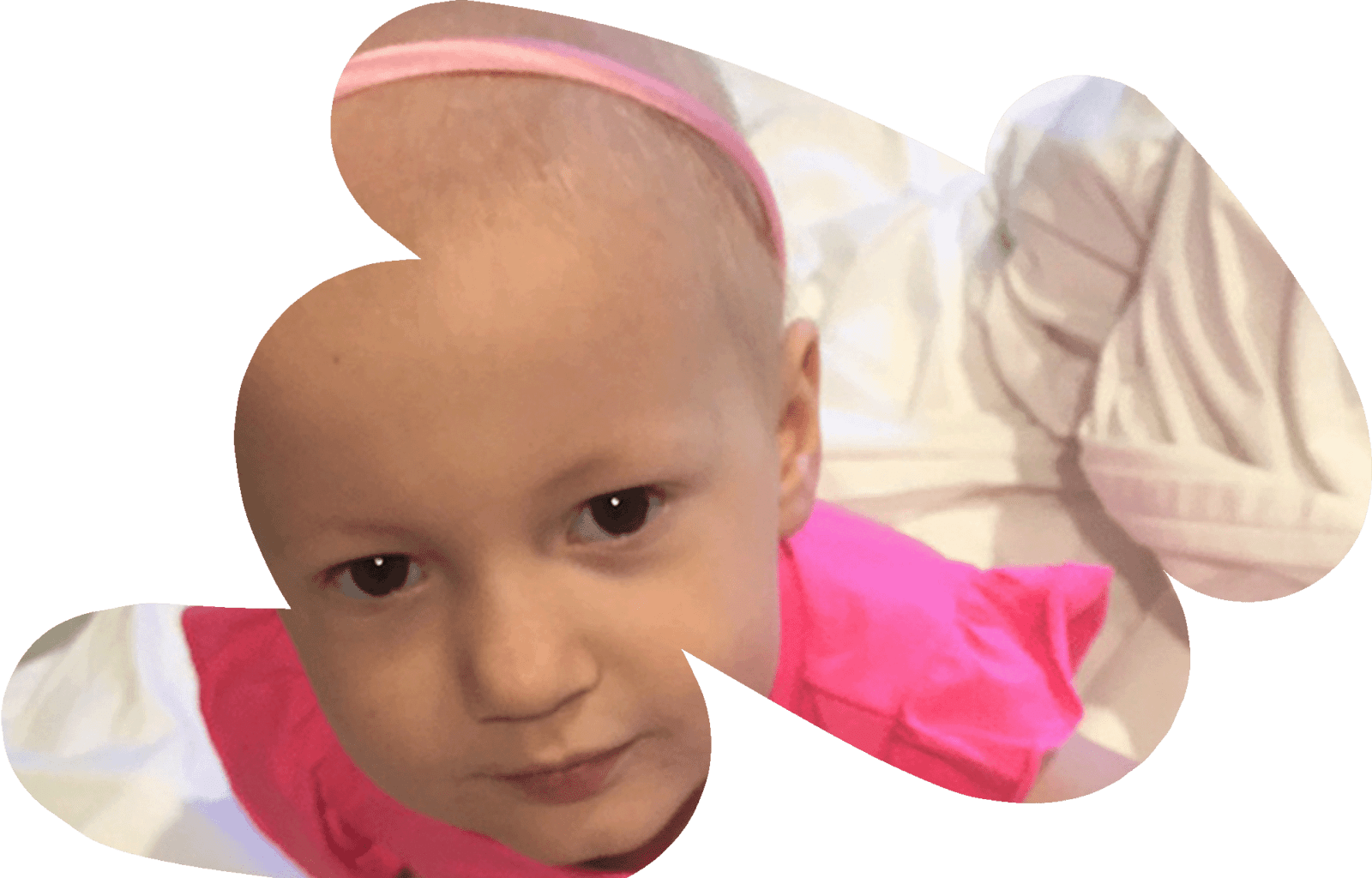Puppet Enquiry Form
Once you submit a puppet enquiry form our puppet programs team will be in contact with you to discuss your booking requirements.
The Impact of Our Puppets on Children Facing Cancer
Our fun and interactive puppet show helps schools create supportive communities for any child impacted by cancer—whether they are dealing with their own diagnosis or that of a sibling, parent, or carer. The engaging performances help dispel common misunderstandings about cancer, such as the misconception that cancer can be spread, and provide a shared language to facilitate meaningful conversations.
Supportive Community Building
The Cancer Education Program, featuring the much-loved Camp Quality Puppets, delivers age-appropriate education that fosters empathy and understanding among classmates. By breaking down myths and encouraging open dialogue, the program helps children learn how to support their peers facing cancer, creating a more compassionate school environment.
Comprehensive Educational Resources
Our program is supported by a suite of educational resources aligned with the Australian Curriculum, Early Learning Framework, and state-based curriculums. These resources ensure that the important conversations sparked by the puppet shows continue long after the performance is over. Additionally, our Cancer Education Digital Program is available to schools via streaming platforms, making it accessible to all.
The Puppet Shows
We offer two tailored shows written by Julianne O’Brien, each aimed at different age groups, following the story of siblings Tom and Ariel as they navigate a cancer diagnosis in their family:
- The Big Party caters to preschool to lower primary students (up to Year 2).
- The Big Score is aimed at upper primary students (Year 3 to Year 6).
We can perform up to three shows per day, with a maximum of 250 students per session, ensuring that as many children as possible can benefit from this valuable education.
Relevant Themes for Kids
Our program addresses themes that are crucial for children to understand:
- You can’t catch cancer from someone else.
- Treatments and side effects of cancer.
- How to be supportive of someone facing cancer.
- The importance of recognizing our own strengths and the power of positivity.
Our program is offered at no cost to schools or students. Invite the Camp Quality Puppets to your school to help create a supportive and informed community.
Learn more about the puppet shows
Read more about how the puppets helped Zoe
Zoe's connection with the Camp Quality Puppets helped teach her classmates about her cancer experience and how to be a good friend.
READ MORE


